Data is the fuel for growth and profitability at Echo Global Logistics, but key data was hard to access in the company’s spreadsheet-based planning process. Building the annual budget used to take six months of 14-hour days and was completely finance-owned, while leaders lacked visibility into current performance. Moving the process to Anaplan made the planning process completely transparent and data-driven, created greater collaboration with the business, enabled year-round analysis and monitoring of KPIs for accountability, and shortened the entire planning process from six months to two. All of these improvements made with Anaplan support profitable, agile responses to changing business conditions.
Anaplan gave us flexibility to look at the business in ways that we didn’t have before, which has had a positive impact on our profitability.Pete Rogers, CFO, Echo Global Logistics
66%
less time spent on annual budgeting allows more time for response and action
Monthly
tracking of KPIs—extremely difficult before—keeps leaders accountable to budgets and expectations
Instant
profitability analysis of clients, which formerly took as long as three days, enables quick response to underperforming accounts
Echo Global Logistics is a non-asset-based logistics company, meaning it serves the logistics needs of over 35,000 clients but owns no trucks. How? By working with more than 50,000 carriers—including fleets of all sizes—Echo finds a carrier to deliver a load, then connects the carrier with another load (often from a different client) that brings the truck and driver home again. “We can reduce our clients’ shipping costs and make more money for carriers,” Brett Lukowicz, Echo’s VP of Finance, says. “We’re the intermediary, and that’s how we provide value to both our clients and carriers.”
Data is the fuel for profitability and growth in this business model. The more data Echo has, the faster and more agile it can be when making decisions and serving clients in ways that drive revenue and customer satisfaction. As the company grew, financial data was trapped in outdated systems, and the annual budget took six months of 14-hour days to build in a spreadsheet that brought powerful computers to a screeching halt. “We were constantly months behind,” Lukowicz recalls. “We were still building the budget in March, when leadership wanted January performance data.”
And when the budget was finally complete, it belonged exclusively to finance; business users couldn’t use the data for day-to-day decision-making. Echo needed a planning solution that supported the company’s growth by bringing speed and accuracy to the budgeting process and enabling collaborative planning and decision-making across the entire company.
Understanding the business
After evaluating several alternatives, Echo chose Anaplan in 2016 and set out to build a better budgeting process. Lukowicz and his team started with something they already knew but struggled to operationalize: Over half of Echo’s revenue comes from a specific subset of clients. “We realized that if we got an accurate picture of what these clients would ship in the next 12–15 months, we would have a very good look at a revenue forecast for all of Echo,” Lukowicz says.
Echo’s sales and operations managers, consisting of about 70 team members who are in constant communication with clients, began entering information on clients’ plans into Anaplan. “They’re required to do this monthly, and many of them do it weekly—or even daily—now,” Lukowicz says.
The company also input extensive historical data on staff productivity in Anaplan. Planners know how many loads an Echo operator can arrange daily; how many invoices an accounts-receivable and accounts-payable clerk can process daily; employee attrition and promotion rates; and other employee data.
With an accurate sales forecast and detailed employee metrics in Anaplan, Echo can precisely forecast the people required to serve clients’ needs. By also incorporating salaries, commissions, benefits, and other people costs, the company creates an accurate workforce budget—which accounts for 85% of selling, general, and administrative (SG&A) expenses for Echo. The remaining budget data is completed by business unit leaders in Anaplan as well. This includes vendor expense planning, travel and entertainment (T&E) spend, and other professional services that end-users enter themselves. This all leads to a budget that is quickly summarized and available to Echo’s executive team for sign-off.
Lukowicz notes that building the budget from the sales forecast up wasn’t a new idea at Echo. “What’s revolutionary with Anaplan is the collaborative nature of the process,” Lukowicz says. “Sales managers provide forecasts, finance builds budgets from those forecasts, and leadership reviews and revises plans that are live and interactive. And it’s all done in about eight weeks—a couple of months’ worth of time savings—without working late nights and weekends. We have a collaborative budget with Anaplan, and I have my life back.”
Beyond budgeting
Once Echo built a better budget with Anaplan, Lukowicz and his finance team didn’t stop there. In the years since its initial rollout, Anaplan has enabled capabilities and analyses that were inconceivable before, including:
- Budget updates, rolling forecasts, and detailed reporting. Formerly, Echo did not produce quarterly budget updates and provided only high-level data for earnings. “With Anaplan, multiple productivity KPIs are tracked monthly, current data is always accessible, and details are a drill-down away,” Lukowicz says. “As a public company, we’re held to a high standard for comprehensive, accurate financial reporting, and we can meet that standard with Anaplan.”
- Profitability analysis. Before Anaplan, it took up to three days to determine the profitability of a client. Now that information is immediately available by simply adjusting a time scale, so Echo can easily identify underperforming accounts and quickly formulate a plan to fulfill the needs of the client and Echo. These analyses are done on a monthly basis and create collaboration across business units including sales, operations, and finance.
- Calculation of bonuses. Anaplan was able to remove complex bonus calculations from the incentive compensation team, saving over 50% of the time spent on the required process. It also gave managers the ability to project their own bonuses based on current trends, as they now have visibility into every calculation that is being made as well as input options for future months.
- Greater accountability. Because both the budget and expense tracking reside in Anaplan, managers can see their status and better govern spending against their plan.
Fast scenario modeling
“We now have capabilities that used to be impossible,” Pete Rogers, Echo’s CFO, says. “Anaplan gave us flexibility to look at the business in ways that we didn’t have before, which has had a positive impact on our profitability.” The value of that flexibility became very clear when COVID-19 hit, and Echo’s business took a dramatic swerve. Shipping for goods like toilet paper accelerated, even as some clients suddenly cut forecasted shipments to zero.
“Our team immediately saw the financial effects of the pandemic and used Anaplan to generate response scenarios for management,” Lukowicz recalls. “Finance had to provide expectations, projections, forecasts up and down, and their effects on the balance sheet, cash flow, and lines of credit to leadership so they could take action. We recovered quickly and had our highest-ever revenue quarter.”
And that type of rapid, profit-driving response is helping to deliver the message of Anaplan’s value impact throughout the company. “People across Echo see the power of what can be done with Anaplan,” Lukowicz concludes. “As we build it out, other teams are getting more of that ‘wow’ factor that we in finance had when we first partnered with Anaplan.”


